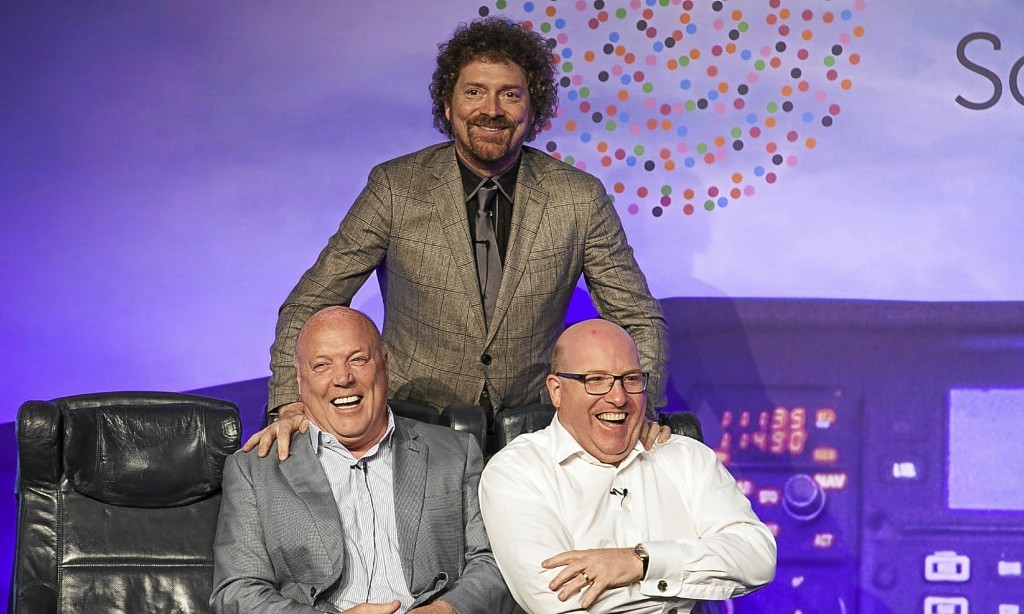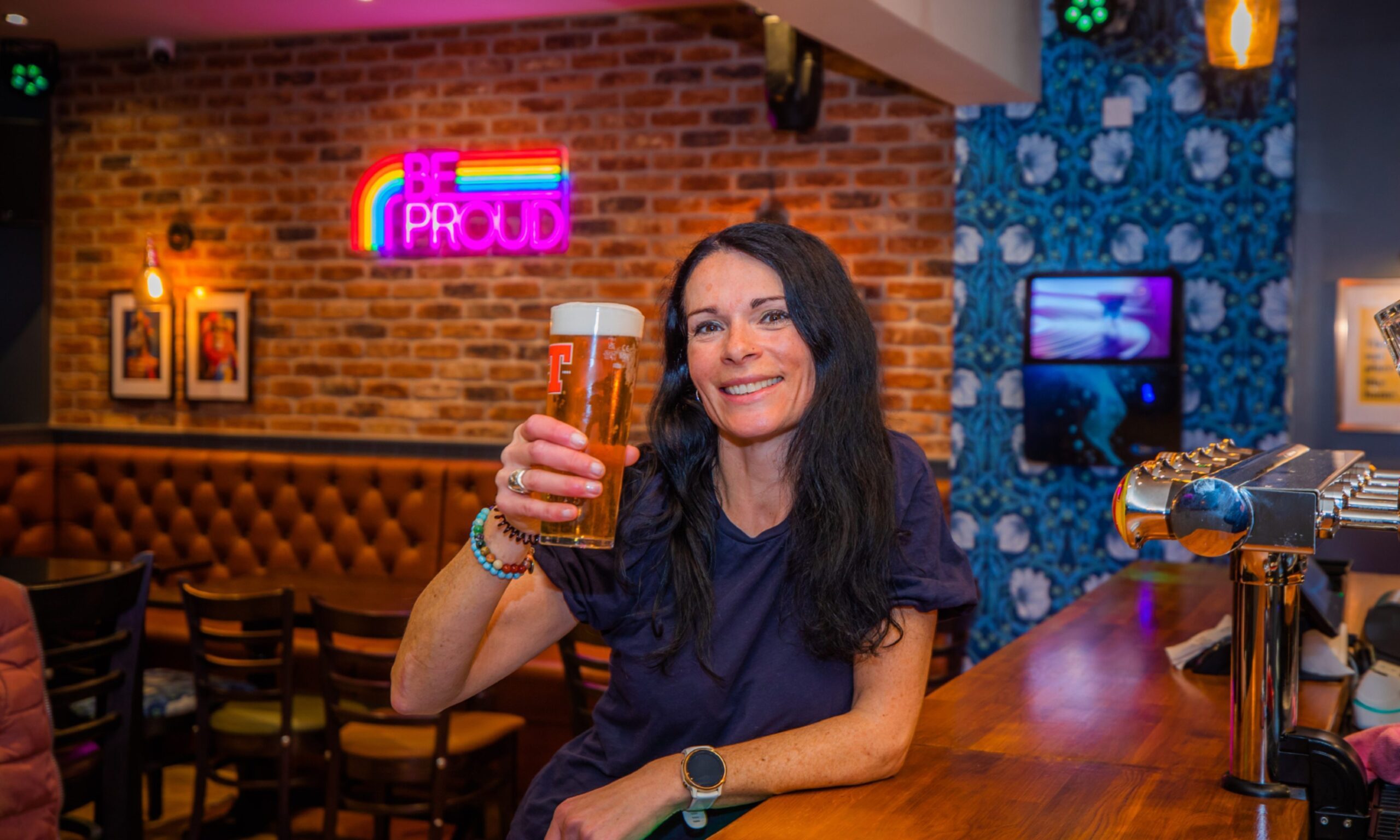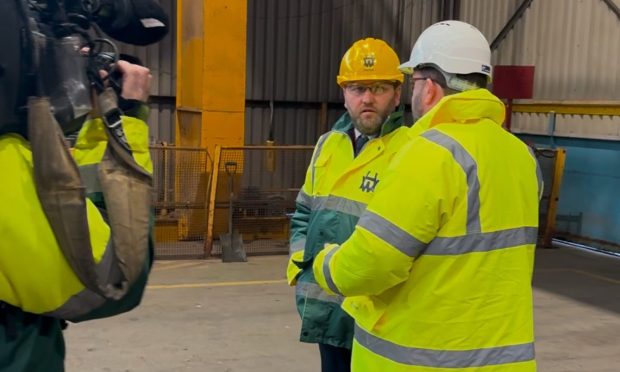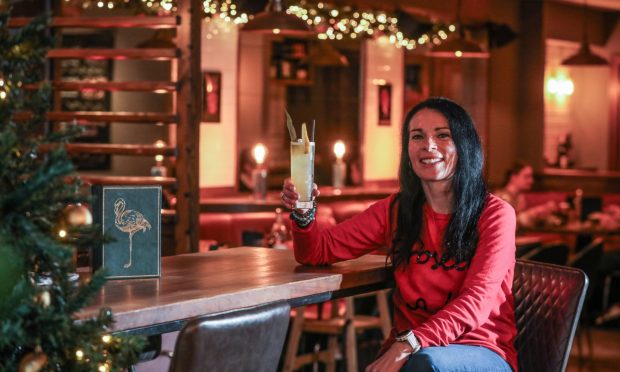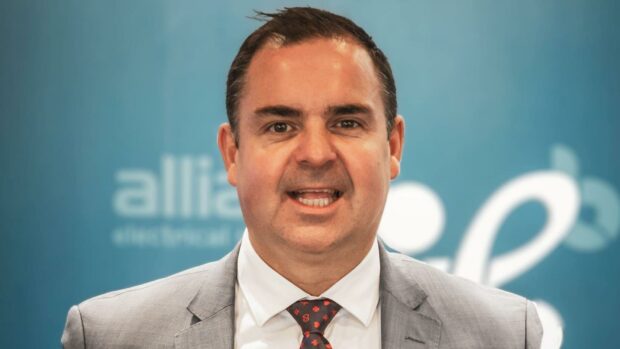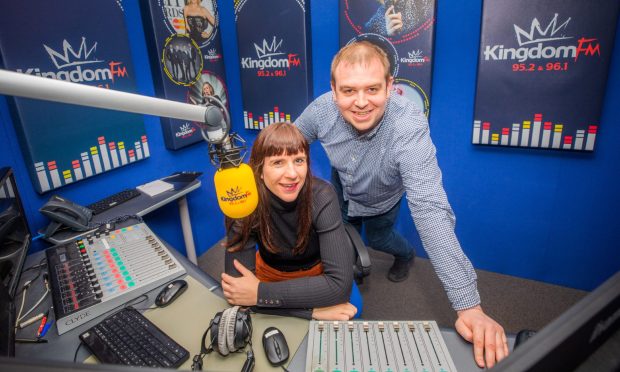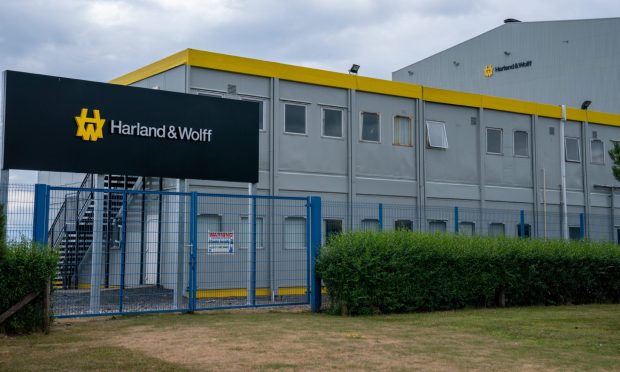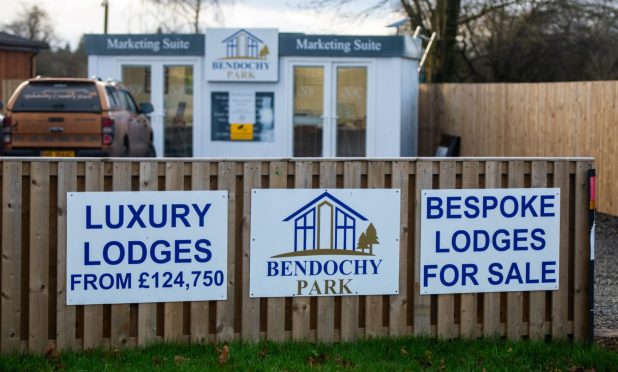Scaling-up company start-ups is key to creating more entrepreneurial success in Scotland, according to some of the country’s leading business figures.
The Entrepreneurial Scotland annual conference explored the challenges of turning promising new ventures into successful enterprises.
Chairman Chris van der Kuyl declared: “Scotland is great at start-ups but not so good at world-class scale-ups.”
He told the assembly of entrepreneurs at Gleneagles Hotel: “There is so much talent in this room and beyond. We must find a way to help it fulfil that potential.
“We need more entrepreneurial leaders with the skills and experience required to scale organisations.”
The new Fellows of Entrepreneurial Scotland would focus on this challenge, and he added: “This group of ambassadors have been there and done it so I am excited to get started.”
Jim McColl, chief executive of Clyde Blowers engineering firm, believed a problem lay with Scotland’s education system.
“It’s not about the amount of money we pour into it, it’s how we spend that money,” he stated.
“We define success by whether a pupil achieves five highers for a place at university, and that’s where much of the money goes.
“What about the majority of young people who don’t reach that academic level at school? We write them off.
“I left school at 16 and wasn’t anywhere near getting five highers. I worked my way up from an apprentice engineer to running a successful business – and picked up a university degree and two honorary doctorates on the way.
“If more money could be spent on helping young people with energy and ambition but who don’t get five highers to walk straight into university, how many more successful businesses could be delivered to Scotland?”
Bob Keiller, chairman of Scottish Enterprise and former Wood Group chief executive, agreed, adding: “I think we define education inappropriately.”
American entrepreneur Bill Aulet of the Massachusetts Institute of Technology said: “In Scotland you under-sell yourself.
“You produce an incredible amount of inventions but you’re not so good at selling yourself or your products.”
